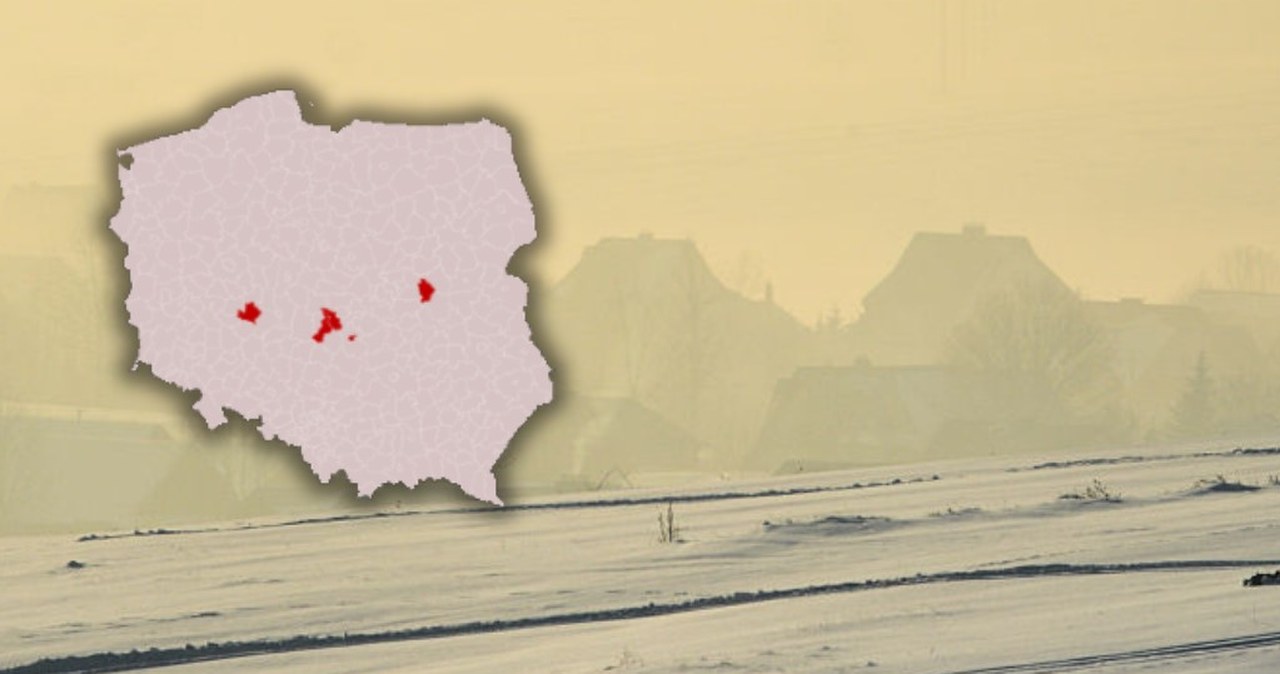Karol Nawrocki's advisor will urge veto to him. "Everybody's counting on it"
news.5v.pl 3 months ago
- Homepage
- Polish politics
- Karol Nawrocki's advisor will urge veto to him. "Everybody's counting on it"
Related
Apel do prezydenta. "Stańmy wspólnie"
40 minutes ago
ZANDBERG O KOALICJI RZĄDOWEJ
48 minutes ago
To dlatego upada Polska 2050
1 hour ago
recommended
Zmienili treść zarzutów zabójcy ratownika medycznego
22 minutes ago
Szajka oszustów rozbita przez lubelską policję |#LPU24.pl
26 minutes ago
Ceny paliwa w lutym 2026. Gdzie zatankujemy najtaniej?
27 minutes ago
Koniec z celowym przegrywaniem w NBA? Silver reaguje
28 minutes ago
Kłopoty marki "Nowrocky"? Zawiadomienie na policję
35 minutes ago
Co za debiut! Szalony finisz w NBA
45 minutes ago












